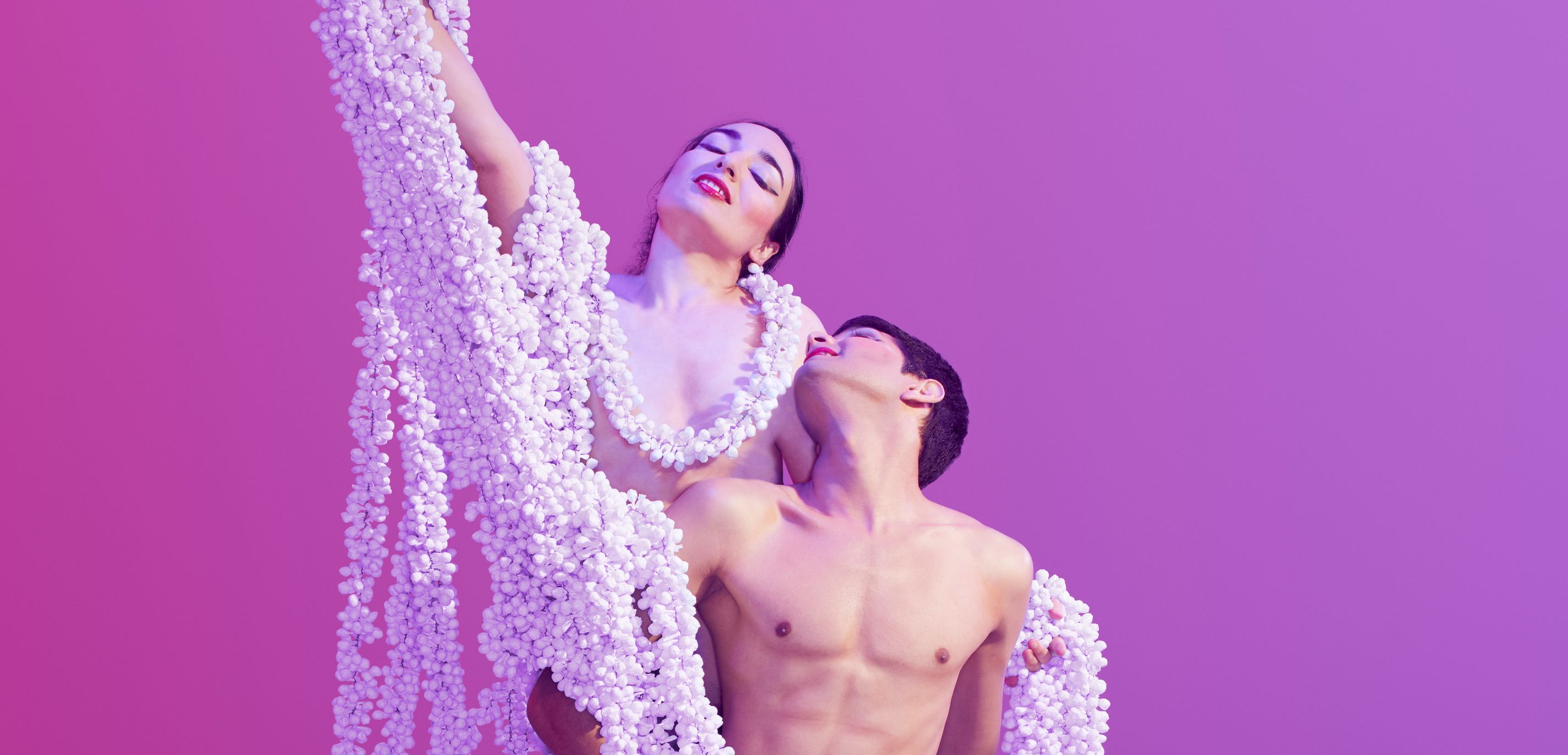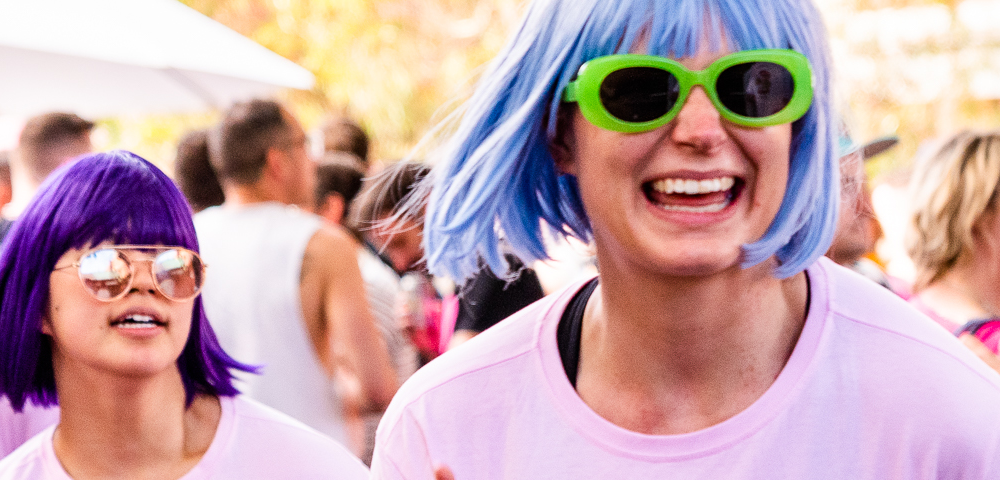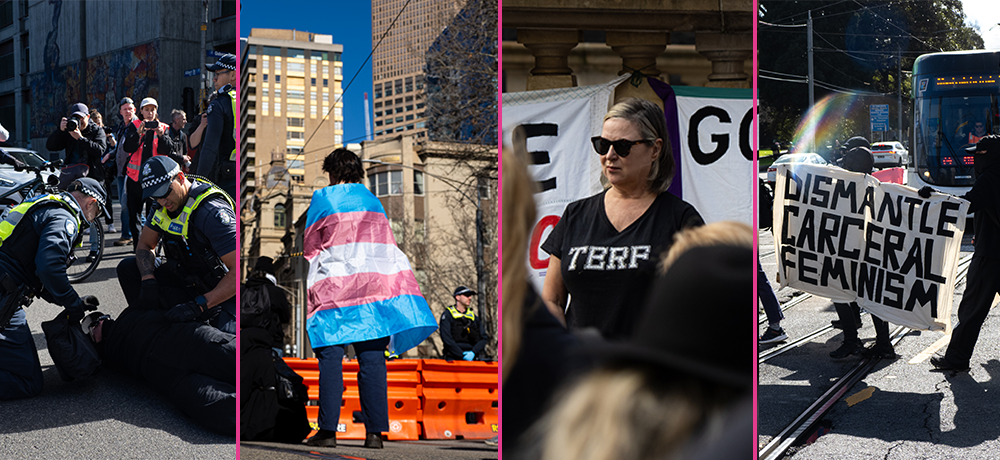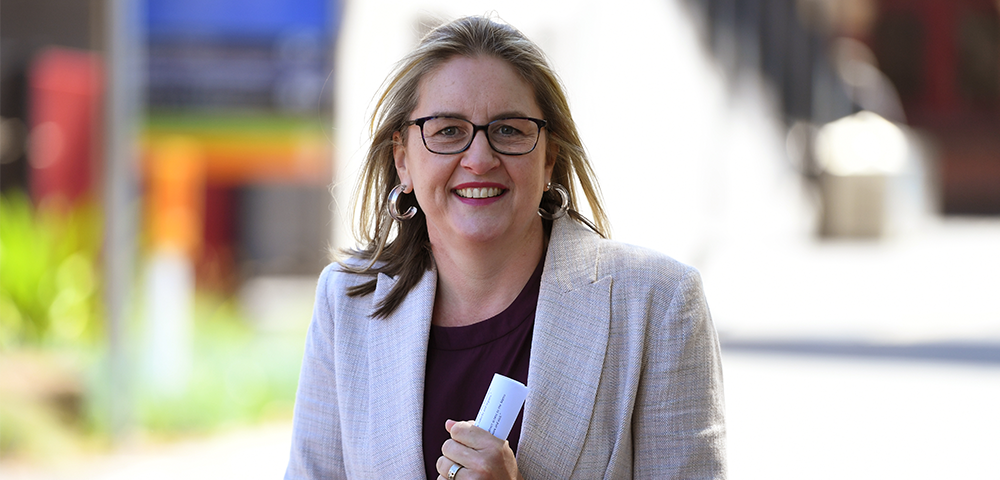
The trans and gender diverse performers breaking down body stigma at Midsumma

Trans and gender diverse bodies are routinely scrutinised in society, but the educational and empowering work of a handful of performers aims to change that this Midsumma. Matthew Wade reports.
***
When non-binary performer Raina Peterson is out in the world, they would rather be invisible.
Invasive questions, probing glances, and the entitlement many cisgender people feel to a trans person’s private space often follow them wherever they go.
A stranger should have zero licence to ask someone about their genitals, and yet Peterson can recall it happening as recently as last month.
“It’s natural to be curious about other people [and their bodies], but when you’re marginalised or ‘other’, people feel entitled to know,” they say.
“People who occupy privilege live with the assumption they know the world, and if they have uncertainty, feel entitled to access that knowledge.
“In public, I can’t control how people perceive me, so I’d rather not be noticed… I’d rather people leave me alone.”
Performing gives Peterson the ability to control their own narrative and eschew any pre-conceived ideas their audience might hold.
Onstage, they feel powerful and free.
“It’s weird not being able to control that in my normal life,” they say.
“[But] performing gives me the ability to craft what I want to put in front of people, and force people to pay attention to it. I’m able to discover myself.
“For me, performing has always been about self expression and I like to think my work is raising awareness around gender and sexuality.
“Having my body on display and being physically exposed is intense and can feel confronting, but it’s also empowering, because I’m controlling that space in ways I’m not able to in other aspects of my life.”
This year, Midsumma Festival will host a project titled Body, a melange of performances, exhibitions, music events, and talks that champion the idea that trans, gender diverse, and intersex Australians should have sovereignty over their bodies.
Peterson, alongside their dance partner Govind Pillai, are slated to perform their latest work Third Nature as part of the project.
Growing up with a lot of shame around their body, gender, and sexuality, Peterson says they wanted to explore what it might have been like if both they and Pillai didn’t have that shame.
“Third Nature is about creating an alternative world where there are no binaries and no shame,” they say.
“What would it be like if we could experience our bodies and the world with a sense of wonder and play and pleasure and curiosity… there’s plenty of pain and darkness around the trans experience, but there’s also joy.
“As much as violence and oppression is a part of many of our stories, there’s also freedom that’s part of being trans, and it’s really exciting to highlight that.”
Genderfluid performer Krishna Istha will also be bringing a show to Midsumma’s Body project, a part-comedy part-performance art event titled Beast.
In essence, they say the show is about “all thing lolz” about being trans, and provides them the opportunity to say things they’re perhaps not able to when moving through the world.
“I think the humour is relatable to everyone but especially queer and trans people, people of colour, and other marginalised folx,” they say.
“I hope both queer folx and others alike learn something new about the experience of trans people from it.
“It doesn’t matter whether you know much about trans politics to come see Beast – it’s a story about human experiences, rigid gender expectations, and the urge to assimilate, which I think is a universal concept.”
When asked about the myriad of ways gender diverse bodies remain stigmatised and policed in society, Istha asks how much time we have.
“What do you want to talk about… murder, suicide, institutional violence and discrimination,” they ask. “At least buy me a drink first.”
“Sure there’s stigma and policing and all that heavy jazz, but no-one wants to hear the same old sob story day in and day out.
“I think perhaps the question is how can you try not to stigmatise or police trans and gender diverse people. It starts with giving us agency over our own bodies, identities, and experiences.”
Istha says it’s crucial for festivals like Midsumma to champion work by trans and gender non-conforming people, as well as people of colour and disabled queer people.
When it comes to transphobic people or those who enable the institutional discrimination of gender diverse people, they say they try to stay as far away from them as possible.
“I’m allergic to peanuts, lactose, and bigots,” they say.
“I don’t necessarily need them to understand us, I just want them to leave us alone. Often transphobes claim we don’t exist or that we’re pretending to be special snowflakes.
“Honestly, I don’t understand a transphobe’s lived experience, but that doesn’t mean I’m going around claiming they don’t exist.
“My current favourite motto is: go intersectional or go home.”
While there are still many in society who feel confronted or fearful of what increased trans visibility may mean for their dated and heteronormative worldview, artists like Peterson and Istha are using their work as a platform to educate, empower, and eradicate misconceptions about trans bodies and identities.
Peterson even has a message they want transphobic people to hear.
“I want them to know how happy being trans makes me,” they say. “And how free and joyful my life has been since I reached this part of my identity.”
Related reading: How gender euphoria is helping to redefine what it means to be transgender









